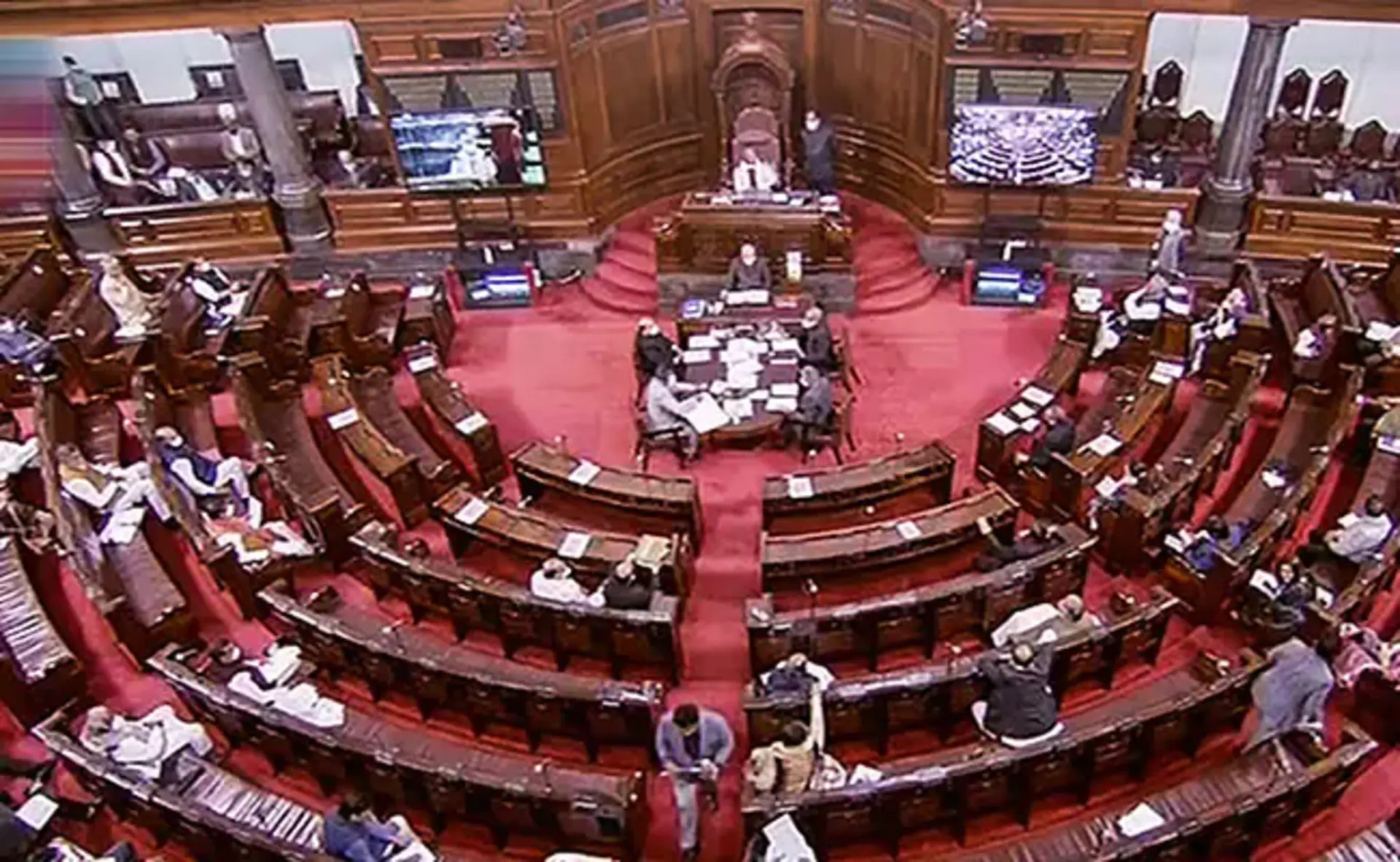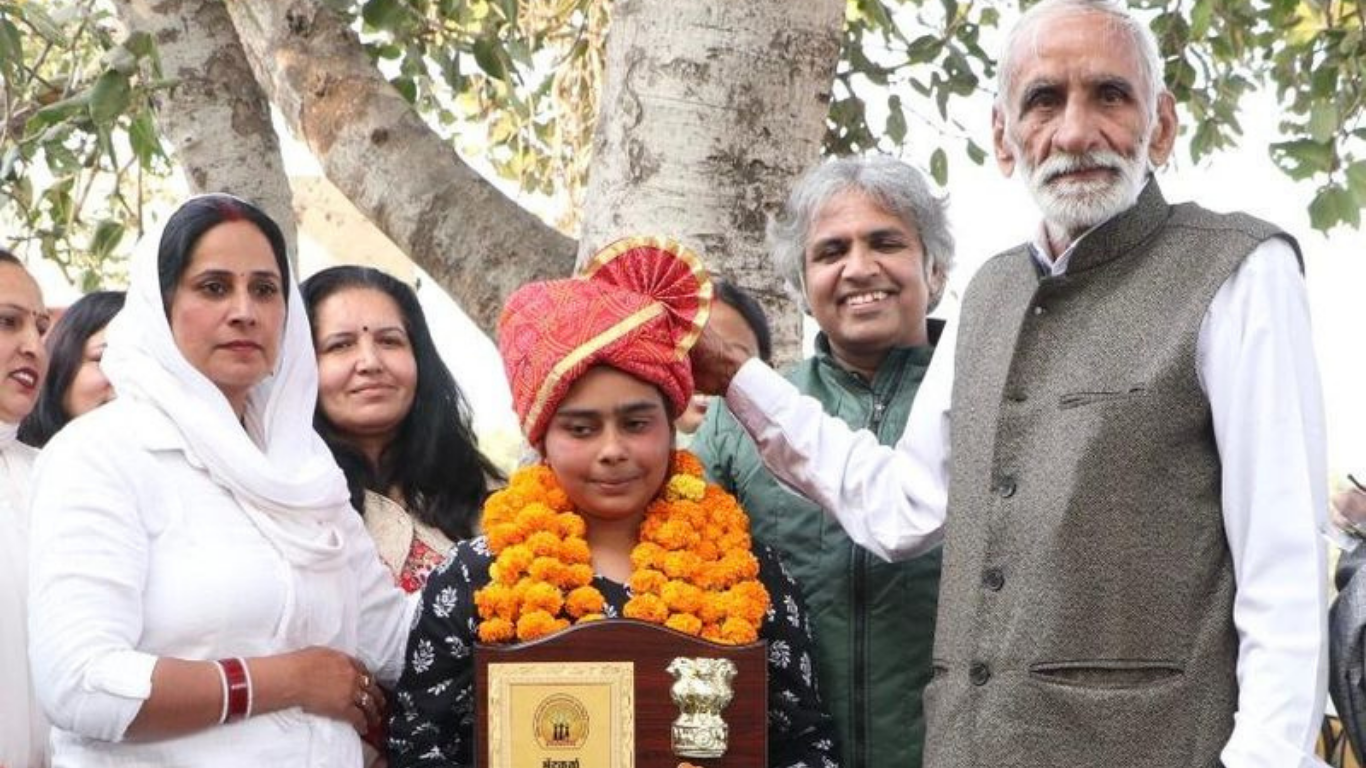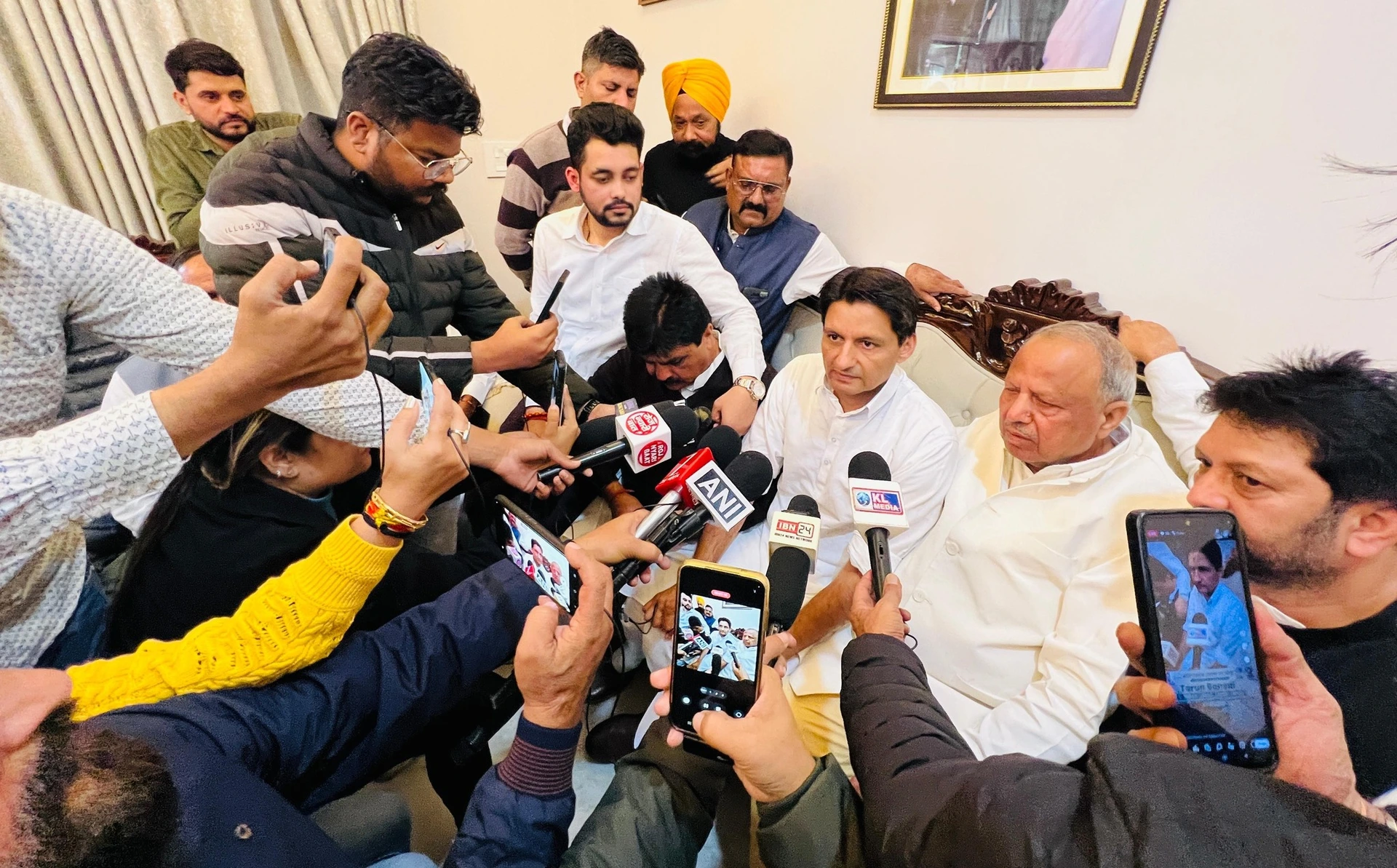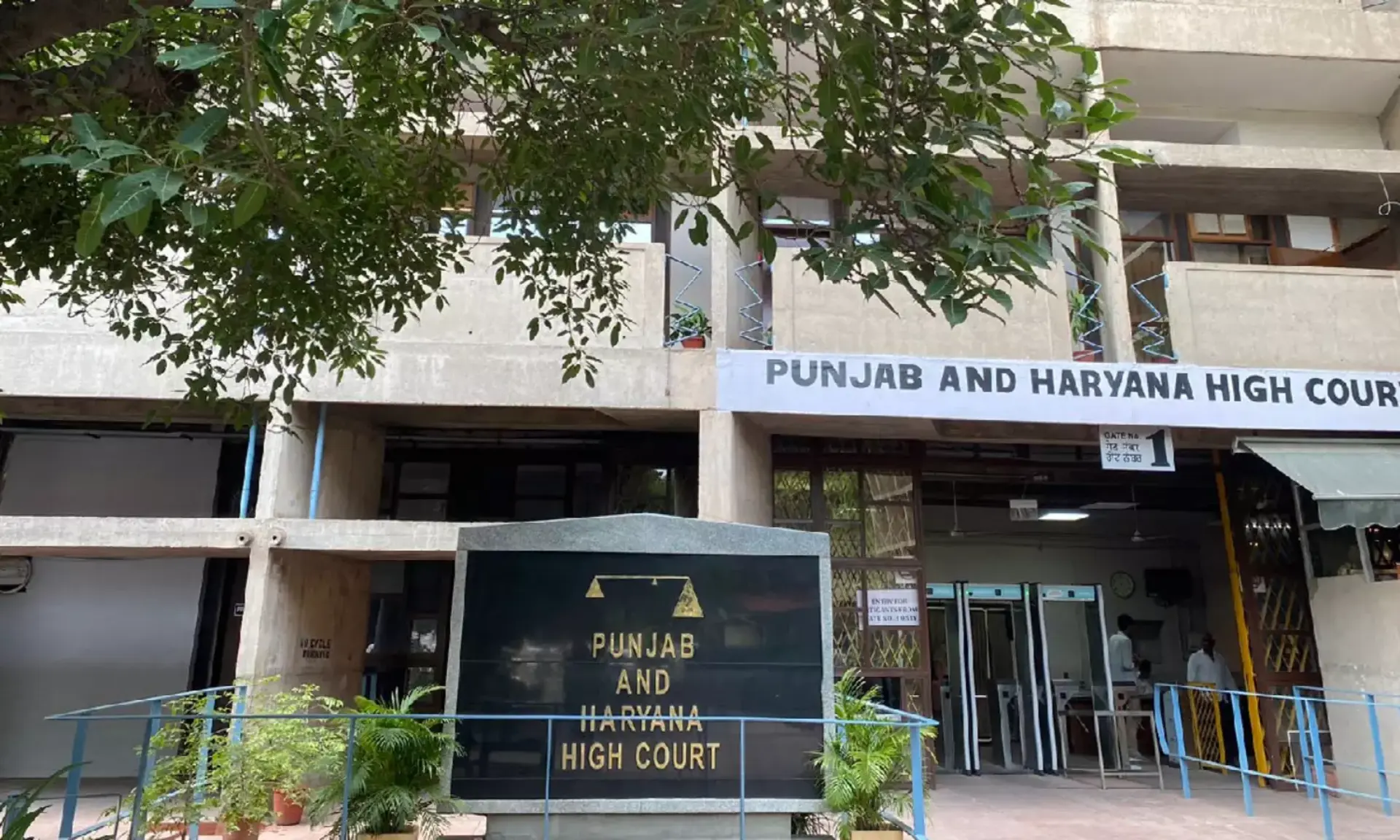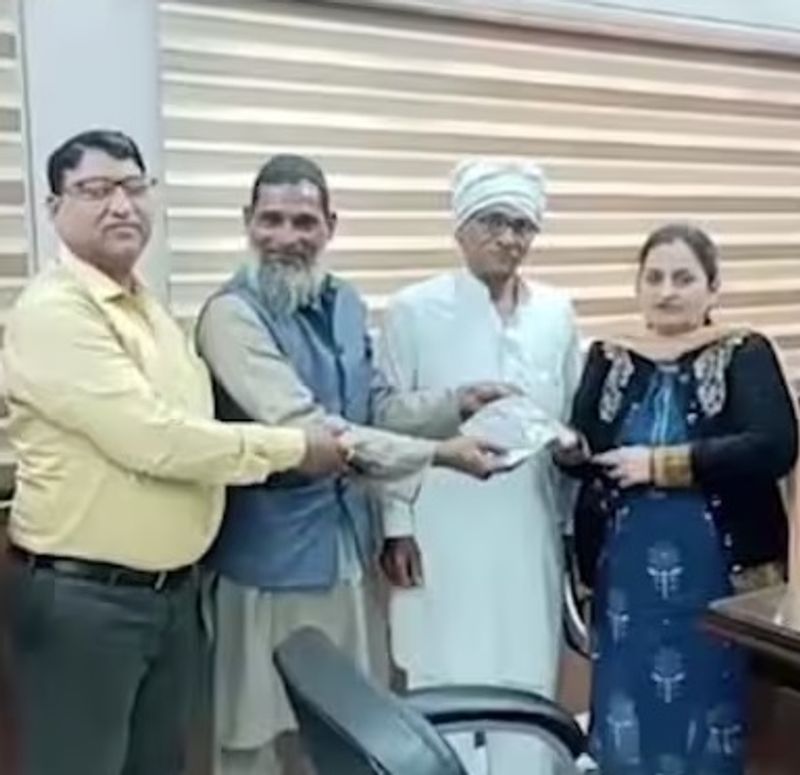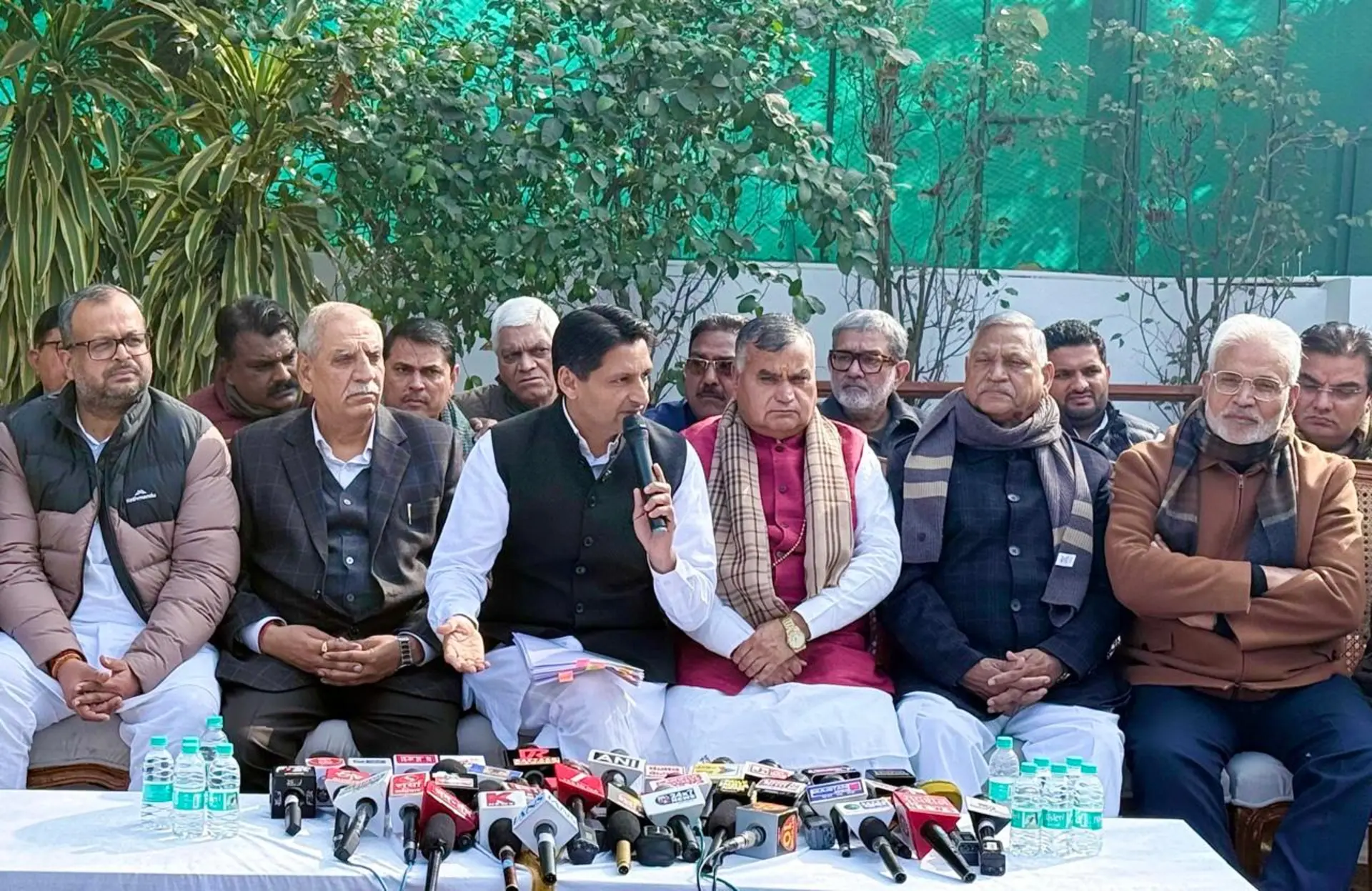
The Bharatiya Janata Party (BJP) in Haryana is facing a tricky situation as it prepares for the upcoming Assembly elections scheduled for October 1. Despite its strong stance against dynastic politics, the party is now considering relaxing its 'one family, one ticket' policy. This change comes as several senior leaders are pushing for their family members to be given tickets to contest in the elections.
The pressure on the BJP is coming from various quarters. Union Minister of State Rao Inderjit's daughter, Aarti Rao, has already announced her intention to run in the election, with or without the party's backing. Another Union Minister, Krishan Pal Gujjar, is seeking a ticket for his son. Kiran Choudhry, who is set to become a Rajya Sabha member, wants her daughter Shruti, a former MP, to get a ticket. Even Savitri Jindal, mother of MP Naveen Jindal and a former minister herself, is hoping to contest.
This situation puts the BJP in a difficult position. On one hand, the party has been vocal in its criticism of dynastic politics. On the other hand, it needs to keep its senior leaders happy and field candidates who can win seats.
The party is also facing the challenge of anti-incumbency after two terms in power. To counter this, the BJP had earlier announced plans to field fresh faces in many constituencies and remove "deadwood." This announcement had given hope to many political families who saw an opportunity for their younger members to enter the fray.
A senior BJP leader, speaking anonymously, explained the party's dilemma. "We are trying to balance our policy against dynastic politics with the reality of electoral politics," the leader said. "If a family member of a senior leader has a good chance of winning a seat, we might have to consider giving them a ticket."
The party is not taking this decision lightly. Sources say that the BJP has conducted multiple surveys for each seat to gauge the popularity and chances of various potential candidates. The final decision on ticket distribution will likely be based on these surveys and the 'winnability' factor of each candidate.
Some leaders have gone as far as to suggest that the party should make a one-time exception to its policy for this election. Others are making their case directly in their constituencies, hoping to build local support that the party cannot ignore.
This situation highlights the complex nature of Indian politics, where traditional family ties often clash with modern political ideologies. For the BJP, the challenge will be to find a balance that satisfies its senior leaders, maintains its public stance against dynasty politics, and most importantly, helps it win the election.
As the election date draws closer, all eyes will be on the BJP's final list of candidates. This list will reveal how the party has chosen to navigate this delicate balance between principle and pragmatism in its quest for electoral success in Haryana.









